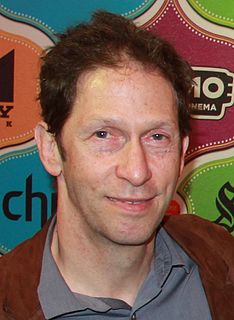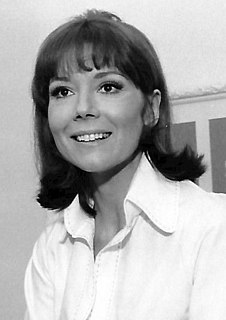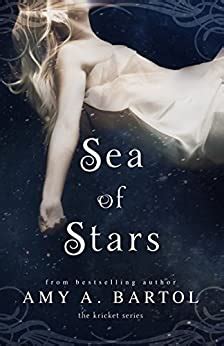A Quote by Martha Nussbaum
As an undergraduate, I studied the Greek and Roman classics, and I went to graduate school in classics intending to work on the presentation of moral issues in various Greek and Roman tragedies.
Related Quotes
We know that for the last 300 or 400 years, the size of human bodies is growing. Now what happened is that we suddenly, in history, have the backward process. We have these great Greek athletes, we have ultra-powerful Roman soldiers. You look at the size of the Roman soldier who has to carry all this ammunition. You're talking about 300,000 Arnold Schwartzeneggers.
Western civilization is the most successful civilization the world has ever seen. And some of the reasons for that is it's borrowed from other cultures along the way, back to Mosaic law, the Greek age of reason, Roman law and the Roman order of government, and the Republican form of government, by the way that we're guaranteed in our constitution.
I suppose there is no place in the world where snobbery is quite so ever-present or where it is cultivated in such refined and subtle forms as in an English public school. Here at least one cannot say that English ‘education’ fails to do its job. You forget your Latin and Greek within a few months of leaving school — I studied Greek for eight or ten years, and now, at thirty-three, I cannot even repeat the Greek alphabet — but your snobbishness, unless you persistently root it out like the bindweed it is, sticks by you till your grave.
It's not about superheroes. This is the method of universal storytelling that all people have... To me, they're the same as the Greek myths or the Roman myths or religious figures of every religion. These are common characters that we use to express stories about being a better person or what you would do when faced with various things.
To later Romans Ennius was the personification of the spirit of early Rome; by them he was called "The Father of Roman Poetry." We must remember how truly Greek he was in his point of view. He set the example for later Latin poetry by writing the first epic of Rome in Greek hexameter verses instead of in the old Saturnian verse. He made popular the doctrines of Euhemerus, and he was in general a champion of free thought and rationalism.








































